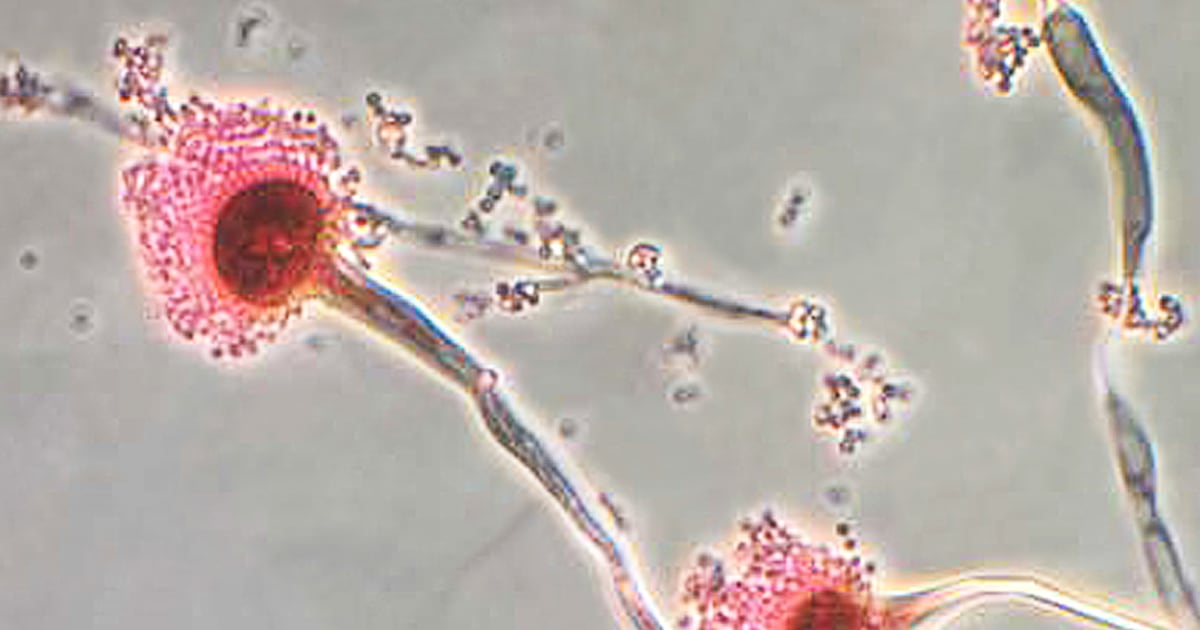
The Silent Pandemic: Why Fungal Infections Are Winning the War Against Medicine
Fungal infections like Aspergillus are becoming untreatable due to alarming drug resistance. Discover the causes, risks, and emerging solutions in this urgent health crisis.
The Alarming Reality: 88% Mortality Rates
A landmark study in The Lancet Microbe reveals that Aspergillus fumigatus—a common fungus in soil and decaying matter—is evolving dangerous resistance to antifungal drugs. Key findings:
- 47-88% mortality rate for drug-resistant Aspergillus infections (WHO data)
- 86% of invasive cases involve multiple resistant strains
- Only 3 classes of antifungal drugs exist vs. dozens of antibiotics
“Physicians now face infections where standard treatments fail. We’re running out of options.”
— Dr. Arturo Casadevall, Johns Hopkins School of Public Health
Why Fungi Are Outpacing Medicine
1. Agricultural Fungicides
- Azole fungicides used on crops (wheat, barley, tulips) prime fungi for drug resistance
- Exposure allows pathogens like Aspergillus to develop resistance before drugs hit the market
- 80% of resistance cases in the Dutch study traced to agriculture
2. Biological Similarities
Humans share 50% DNA with fungi, making drug development perilous:
- Antifungals often damage human cells while targeting fungi
- Resistance to one drug frequently means resistance to entire classes
3. Diagnostic Challenges
- Symptoms mimic bacterial/viral infections (“Think Fungus” only when standard treatments fail)
- Testing lags: Only 40% of hospitals screen for fungal resistance
High-Risk Groups: Who’s Most Vulnerable?
| Group | Risk Level | Common Infections |
|---|---|---|
| Immunocompromised | Critical | Aspergillus, Candida |
| COPD/Lung Disease | High | Invasive pulmonary aspergillosis |
| Post-Surgery Patients | Moderate | Surgical site infections |
| Diabetics | Elevated | Mucormycosis |
Real-world impact: A single azole-resistant strain can force use of toxic alternatives causing liver damage or requiring IV hospitalization.
Emerging Solutions on the Horizon
🧪 New Antifungals
- Mandimycin: Novel compound showing promise against Candida and Aspergillus
- AI-Discovered Drugs: Tools like those from F2G Ltd. accelerating toxin-safe molecule identification
📜 Policy Shifts
- PASTEUR Act: $6B U.S. fund to incentivize new antimicrobial development
- Integrated Pest Management: Reducing agricultural fungicide overuse
🦠 Diagnostic Advances
- CRISPR-based rapid tests identifying resistance genes in 2 hours
- CDC’s AR Lab Network expanding surveillance
4 Critical Prevention Strategies
- Antifungal Stewardship
- Reserve drugs for confirmed fungal infections (not viral/bacterial)
- Complete prescribed courses fully
- Hospital Protocols
- Screen high-risk patients proactively
- Isolate resistant cases immediately
- Agricultural Reform
- Rotate fungicide classes to slow resistance
- Fund research into non-chemical pest control
- Global Surveillance
- WHO’s FPPL tracking priority fungi
- Genomic sequencing of outbreaks
FAQ: What You Need to Know
Q: Could fungal infections cause the next pandemic?
A: Unlike viruses, fungi rarely spread person-to-person. But drug-resistant strains could make hospitals ground zero for untreatable outbreaks.
Q: Are healthy people at risk?
A: Low immediate risk, but resistance undermines future medical safety (e.g., post-cancer treatment).
Q: Is climate change worsening this?
A: Yes. Warming expands fungi’s habitats (e.g., Valley Fever spreading beyond Southwest U.S.).
Q: When will new drugs be available?
A: Mandimycin enters Phase 2 trials in 2026; AI-discovered drugs may accelerate timelines.
The Bottom Line: A Call to Action
Fungal resistance is a slow-motion crisis:
- 1.5M+ deaths yearly already linked to fungal infections
- Resistance rates doubling every decade
- Without intervention, routine surgeries could become high-risk by 2035
Key moves: Support the PASTEUR Act, demand agricultural reforms, and practice antifungal vigilance. As Dr. Tom Chiller (CDC) warns: “This isn’t COVID, but it could collapse modern medicine.”
“We’re in an arms race with evolution—and we’re losing. But science and policy can turn the tide.”
— Dr. John Rex, F2G Ltd.






.png?width=1200&height=630&fit=crop&enable=upscale&auto=webp)
